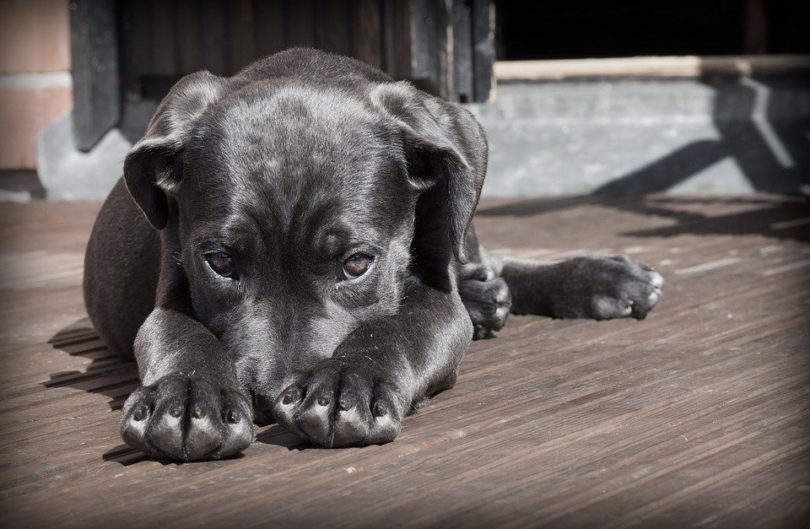As funny as it may sound, a farting dog is not a fun companion to have around. Not only is the canine possibly in much distress, the odors emitted can be quite overpowering for the human olfactory system.
How then can one overcome the unpleasant situation? Here is a handy guide to understand what to do in case your dog suffers from a bout of bad gas.
Bad Flatulence
Farting, in most cases, is harmless. However, excessive gas may be an indicator of underlying health conditions.
Causes of Gas
A dog may be gassy for several plausible reasons:
- Diet: Eating habits and food choices can be huge determiners of excessive gas. A change in food or overeating can be potential culprits behind bad gas. Your dog could also become excessively gassy if it consumes spoilt food, spicy food, or food that contains too much fiber. Bacterial fermentation of nutrients, can also create noxious gases in the digestive system of dogs.
- Swallowed Air: Usually, dogs swallow too much air as they gobble down their food in a hurry. Sometimes diseases can increase the respiratory rate and this may lead your dog to swallow air. Dogs who feed shortly after a run or some exercise also tend to swallow more air as they do not get sufficient time to slow their breathing before eating
- Head Structure: Some dogs have short heads. The position of the nose in such dogs cause them to swallow excess air .
Gastrointestinal Diseases
Too much gas can be a sign of acute and chronic intestinal ailments. Inflammatory bowel disease, certain types of cancer, pancreatic problems and intestinal growths are some diseases you would want to detect and treat early if a serious disease is indeed responsible for your dog’s bad gas. Some dogs suffer from gas because of allergies and food sensitivities as well.
When Should You Call the Vet?
Call the Vet whenever you doubt your dog’s health. Here is a list of symptoms you should not ignore:
- Smelly and Frequent farting
- Vomiting
- Tummy Rumbling
- Diarrhea
- Weight loss
- Loss of Energy
- Loss of appetite
How to Treat Gassiness
Check your dog’s diet to rule out any potential triggers. Always consult your vet before administering any medicines. Like humans, dogs require different doses of different medicines following their weight, age, breed, and other such factors. Zinc acetate, probiotics, dry activated charcoal, and Simethicone are some of the commonly prescribed medicines for gas.
How to Prevent Gas in Dogs
Prevention is always better than cure and there are many ways you can minimize your dog’s gas:
- Help your dog build an active lifestyle.
- Give it small and frequent meals.
- Try to make food time a relaxed and quiet affair
- Check the quality of your dog’s food. Ensure the food is unspoiled. Observe reactions when you change food brands or source foods.
- When outdoors, always ensure your dog is not eating things they are not supposed to eat. Keep garbage covered and do not let your dog eat faeces of other animals that may be lying in the soil.

